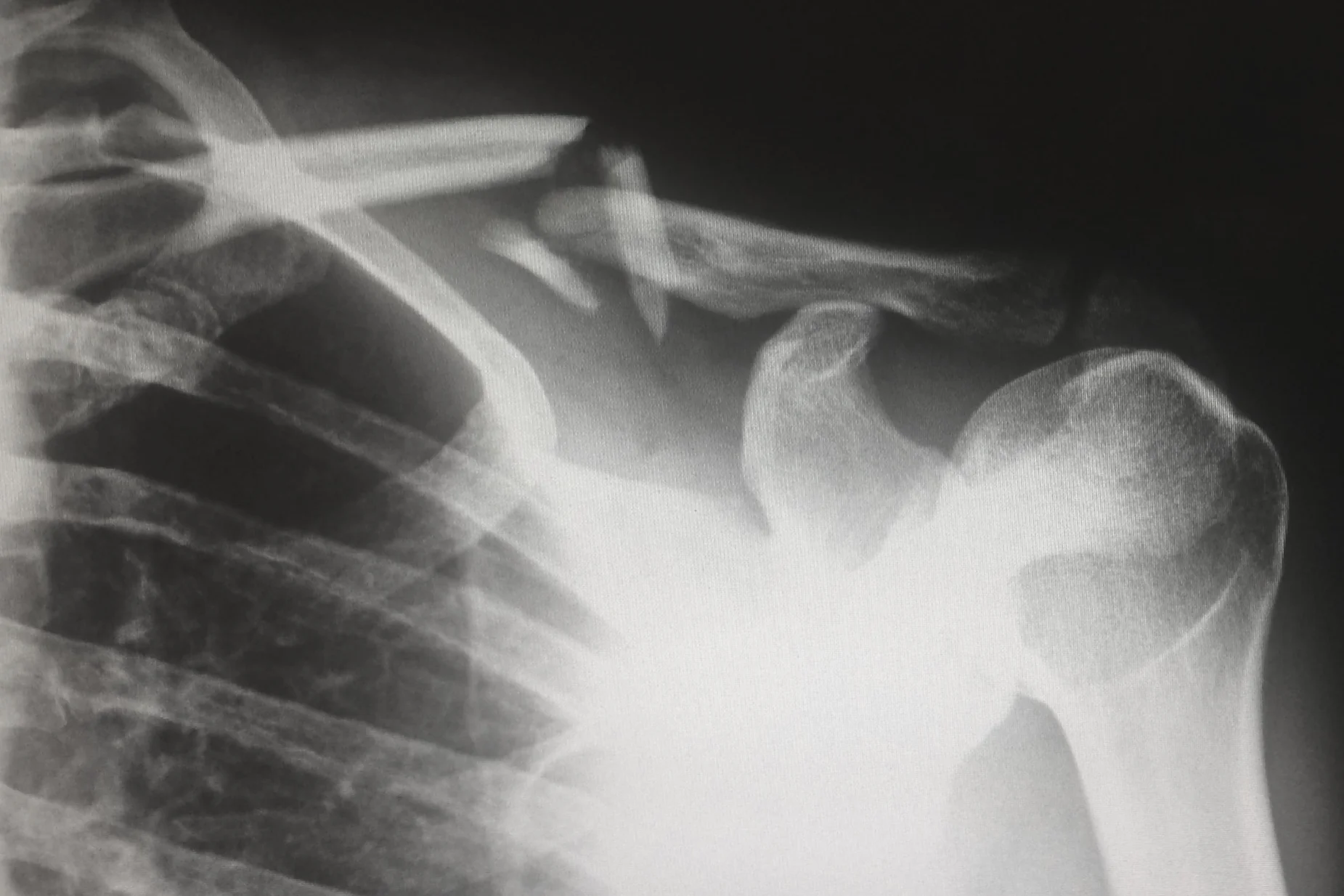The long wait for justice – Court of Appeal remits treatment injury appeals back to the District Court
Section 32 of the Accident Compensation Act 2001 provides cover for “treatment injury”. One aspect of this provision has been problematic for some time. In ACC v Ng and L [2020] NZCA 274, the Court of Appeal had to consider the meaning of “ordinary consequence” of treatment in section 32(1)(c) of the Act.
Treatment injury occurs when a person suffers personal injury caused by treatment. The personal injury must not be a “necessary part or ordinary consequence” of the treatment, taking into account all the circumstances of the treatment, including the patient’s underlying health condition and the clinical knowledge at the time of treatment. If the personal injury was an “ordinary consequence” of the treatment, there is no ACC cover.
In one of the appeals, the question arose in the context of surgery to treat a brain artery aneurysm which had led to a stroke. The risk of such a complication following surgery was considered to be 16-22%. ACC declined cover in 2015 on the basis it was an “ordinary consequence” of the treatment. The District Court allowed the appeal in 2017. In the High Court, it was held that an “ordinary consequence” of treatment meant a consequence that has a 50% or greater chance of occurring. The High Court’s legal finding meant that the stroke was not an “ordinary consequence” of treatment, and there was cover.
The Court of Appeal said the phrase “ordinary consequence” could not bear the meaning of “a consequence more probable than not” as a matter of language and legislative purpose. It meant an outcome that was outside the normal range of outcomes, “something out of the ordinary which occasions a measure of surprise”.
The Court of Appeal had regard to an earlier case, prior to the current treatment injury regime, which had helped to define what was meant by “medical misadventure” under the Accident Compensation Amendment Act 1974. In Childs v Hillock [1994] 2 NZLR 65, the Court of Appeal said that an adverse consequence of treatment, that is within the normal range of medical or surgical failure attendant on such treatment, was not medical adventure.
The Court of Appeal recognised that whether an adverse consequence of treatment was outside the normal range of outcomes was ultimately a matter of judgment, to be exercised on a case-specific basis taking into account all the circumstances of treatment and the particular patient. Parliament had chosen to move away from a test expressed in percentage values (the previous medical misadventure test defined “medical mishap” as a rare and severe consequence of treatment, occurring in not more than 1% of cases) and it was not for the Courts to re-introduce one. Parliament had chosen to use an imprecise test, and if this was “… problematic, it is for the legislature to resolve”.
The lower courts will now have to grapple with this “imprecise” and “problematic” test again, because the appeals were referred to the District Court for reconsideration in light of the Court of Appeal’s judgment.






